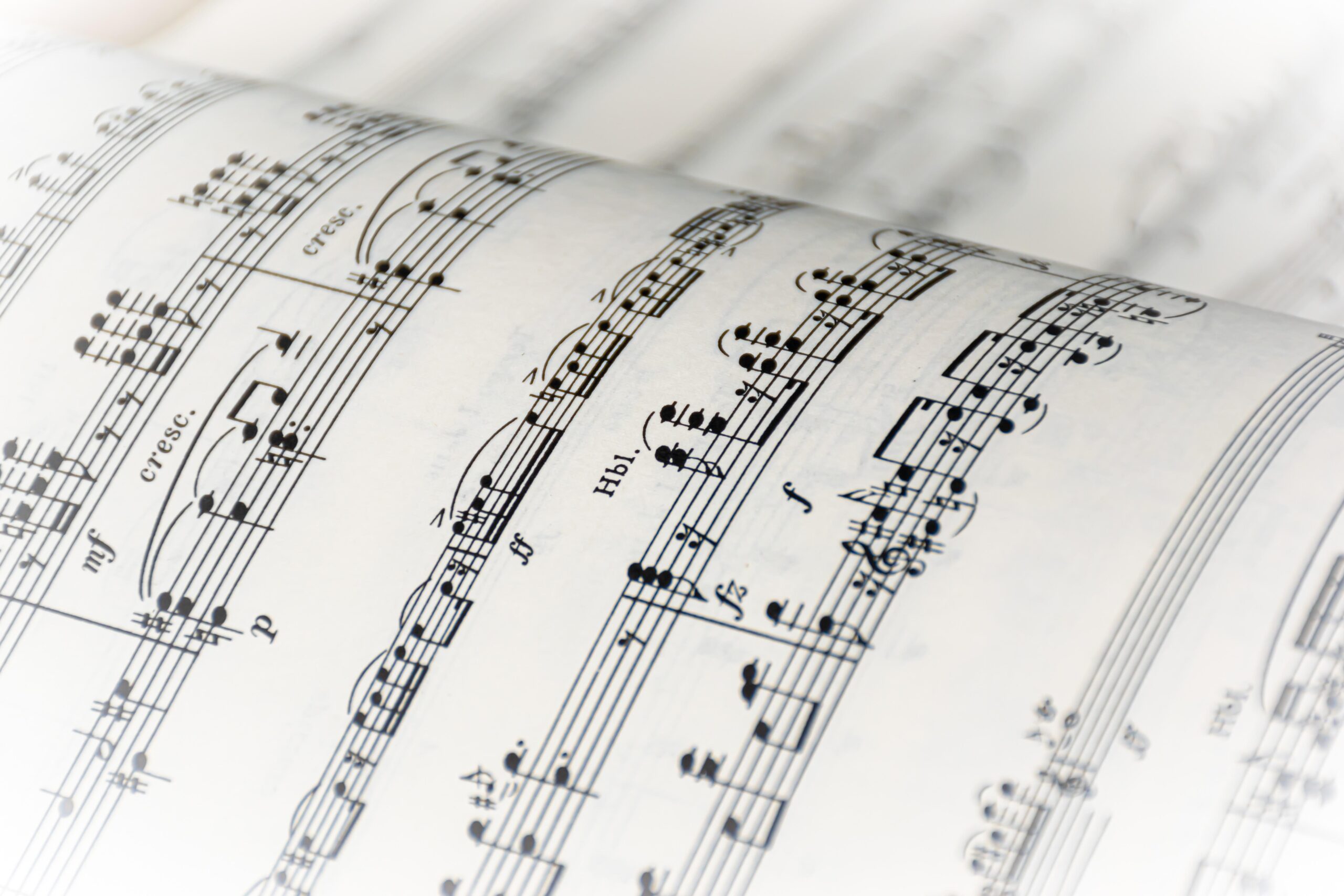
I remember going to college for my BA and being forced to take the general requirements for music theory. I had taken all the theory classes at the community college level so I could transfer out of theory at the upper level, only to get partial credit on my entrance test and have to repeat one class. Admittedly, I was very good my second time around, but when I encountered theory at the masters level, I was again hit by that feeling of impending doom. After encountering student after student scoff at music theory, I wonder, Why is music theory so hard?
Is Music Theory Irrelevant?
I don’t think music theory has to be difficult. You can break it down to the smallest ideas and anyone can learn. I believe if two problems are addressed, music theory may return to its former glory. The first topic to address is relevance. Just face it, how many students have to know counterpoint in the real world? The riskiest yet most necessary thing for us to do as a society is regularly overhaul our systems. We should constantly be looking towards the future, to ways we can better ourselves and make overall improvements.
Counterpoint is stressed so much you’d think every musician would go out into the world and compose fugues! This is probably the one thing as a professional musician I haven’t used. We all know that it is irrelevant. What is relevant is orchestration, ear training, and the fundamentals of music theory such as notation, modulation, rhythm, etc. Many educators are preparing their hateful comments right now. You’re probably the same educators who are teaching theory. Just think about that one. Teaching theory… Is anybody using this counterpoint? Let’s save counterpoint for composers and teach everyone else the basics, but focus on things that are more pertinent today.
What is pertinent today? Music technology programs such as Protools and Logic Pro, Graphic Design programs like Photoshop and Affinity, other music and entertainment-related programs like Final Cut Pro, and the list goes on. Recording techniques, music transcription, arrangement, modulation, rhythm, and notation are all essential to today’s professional musician. Marketing has become a requirement for the modern musician. As independent musicians are leveling the playing field with major companies, they must also learn to be experts in social media and other marketing and branding strategies. The truth is, universities haven’t caught up, and there are kids right now learning this stuff on Youtube so they can start their career early. They won’t need college in a few years, especially for music.
Theory Isn’t Fun
Somehow we’ve traveled so far off the path as educators, we have forgotten the fun part of music and that music theory is an end, not a means. Music comes first, and if we show our students the things about music which made us fall in love with music in the first place, maybe a sense of wonder will be instilled in them. Often, educators get so bogged down by Standards and Benchmarks, we miss the opportunity to convey the music itself. We enjoy music. We live music. Theory is relevant because it defines the sounds we are passionate about. Theory gives us the tools to perform and notate for others the music in our soul. Musicians unanimously understand that the art of music is perfected over time and polished by the tribulations we face in life, and it only gets better. How much of this passion is in your classroom? Maybe it’s time to make a change.

